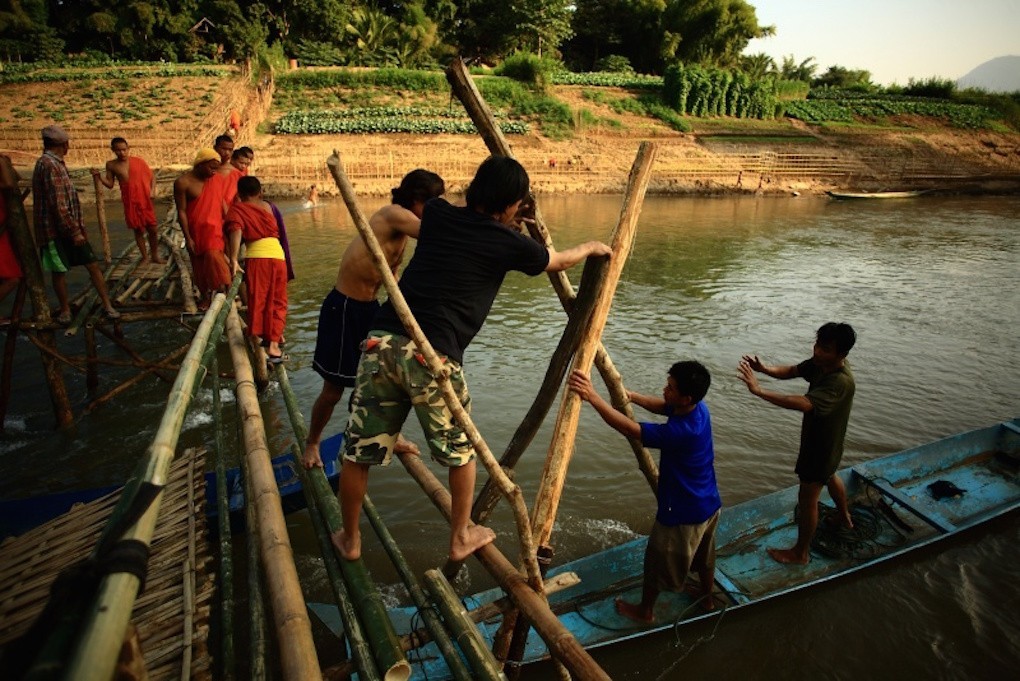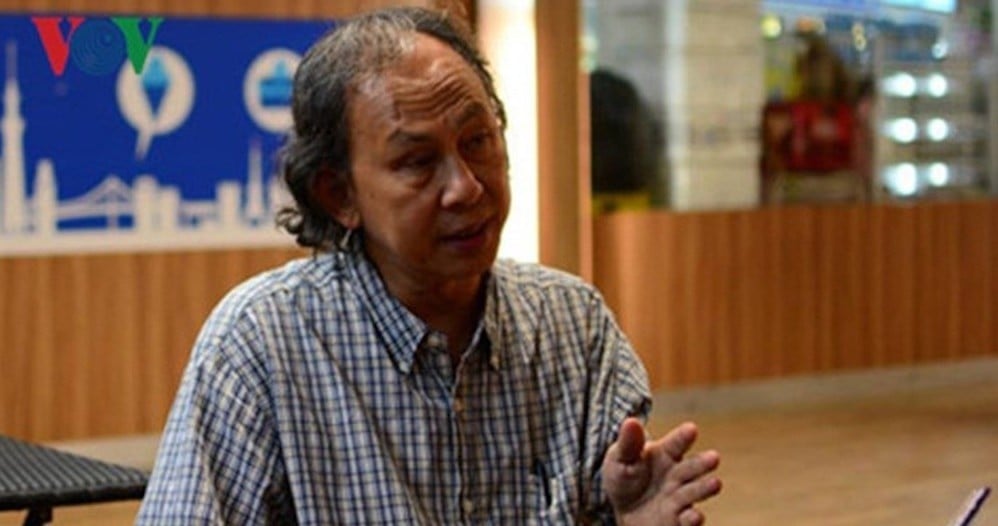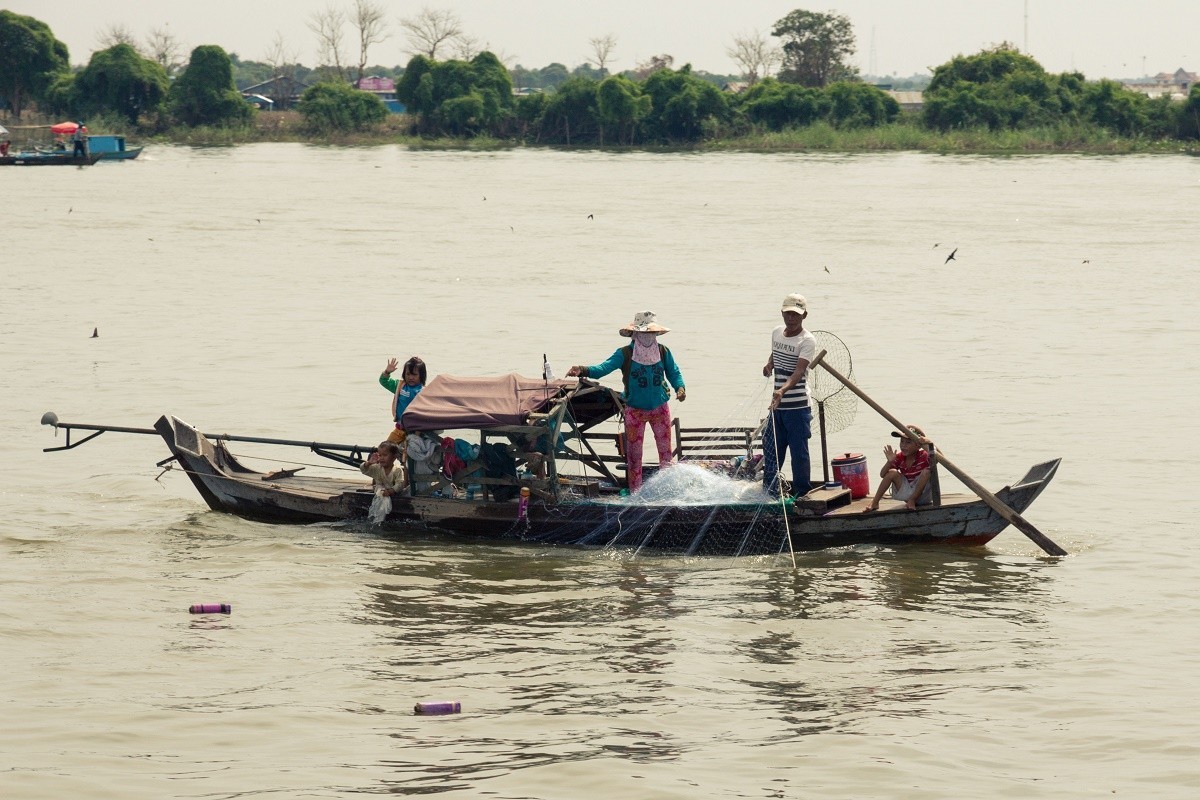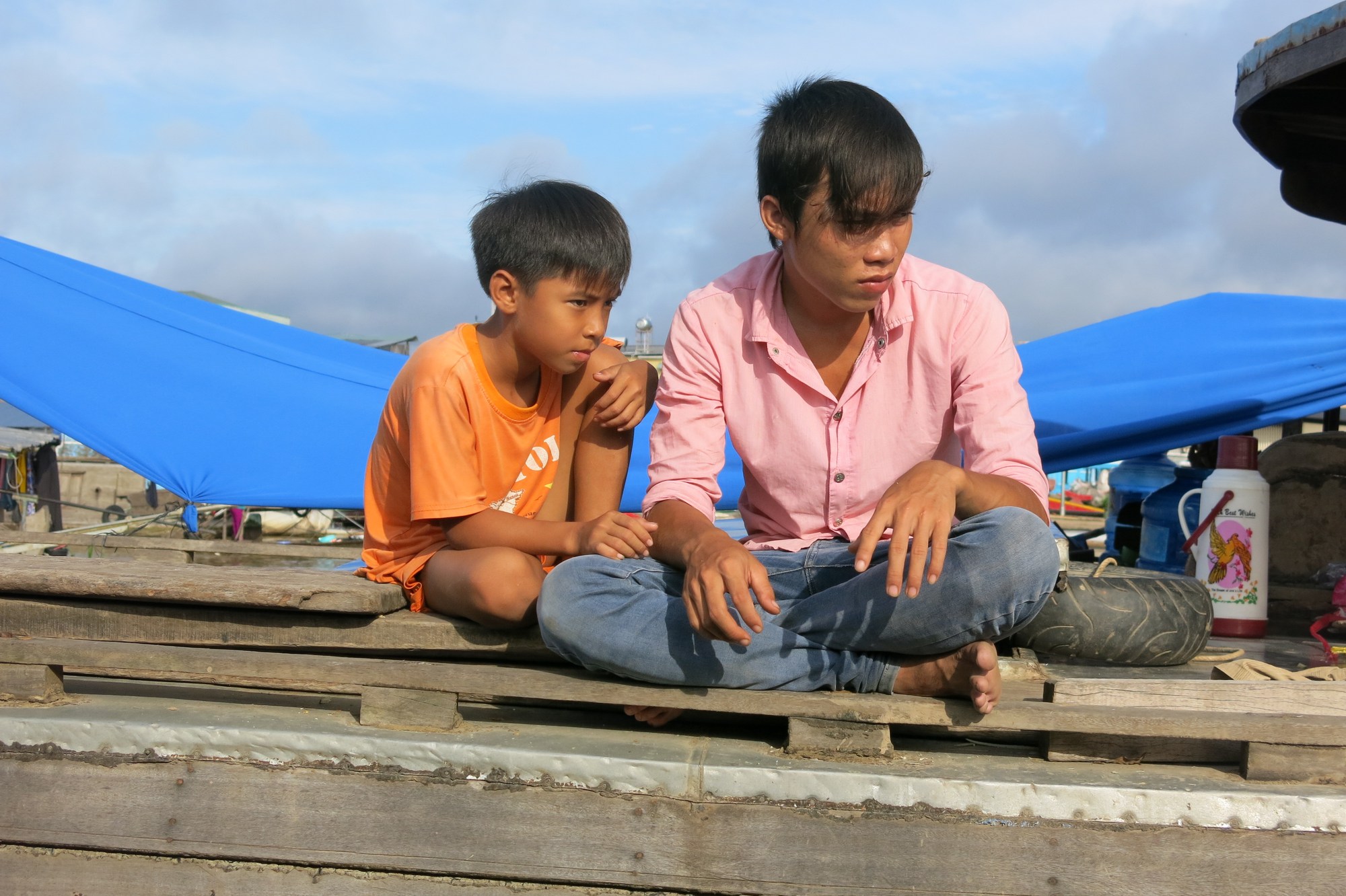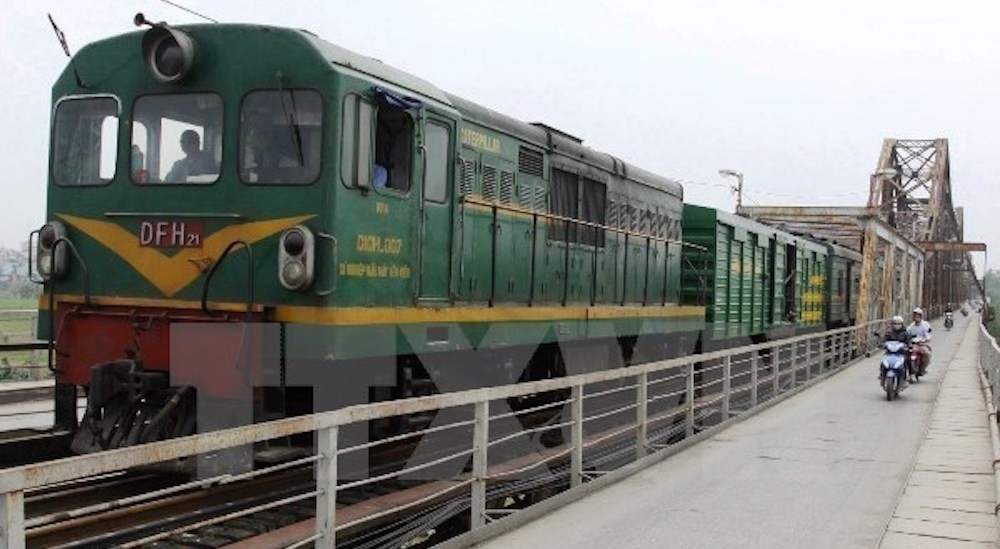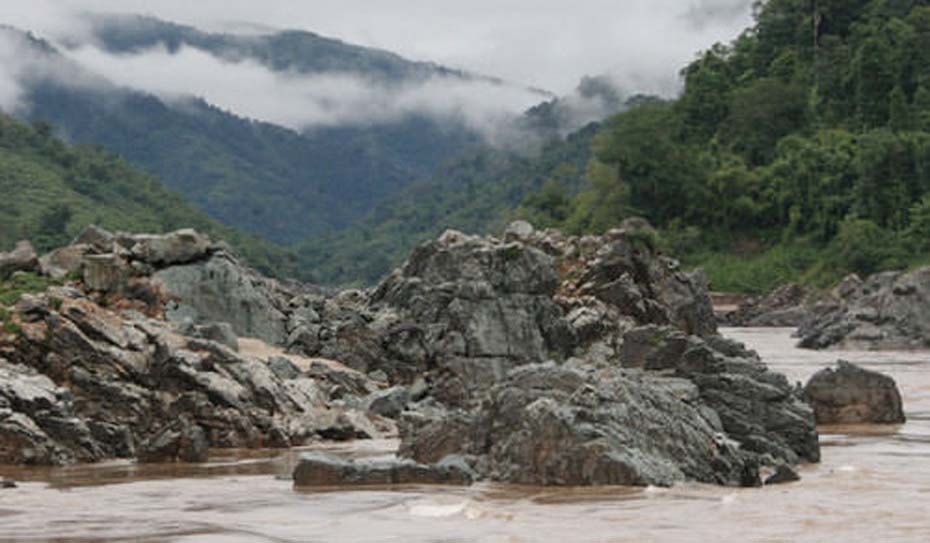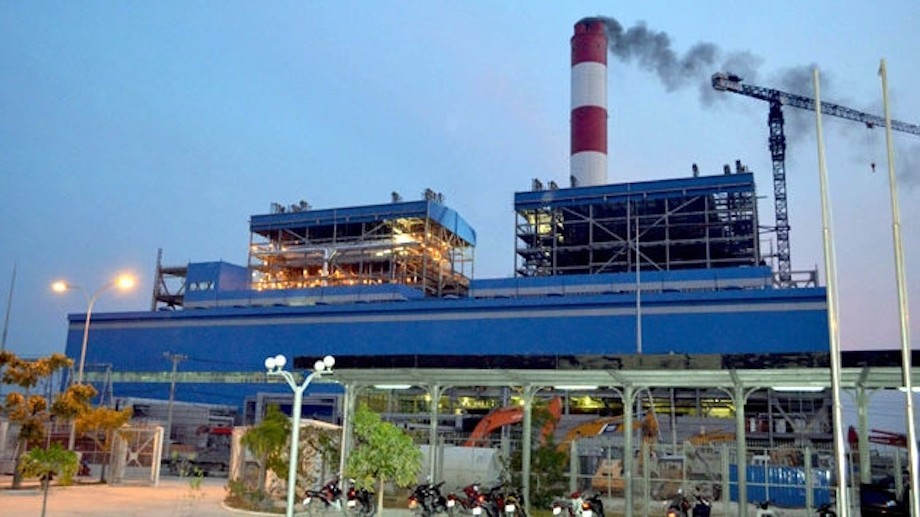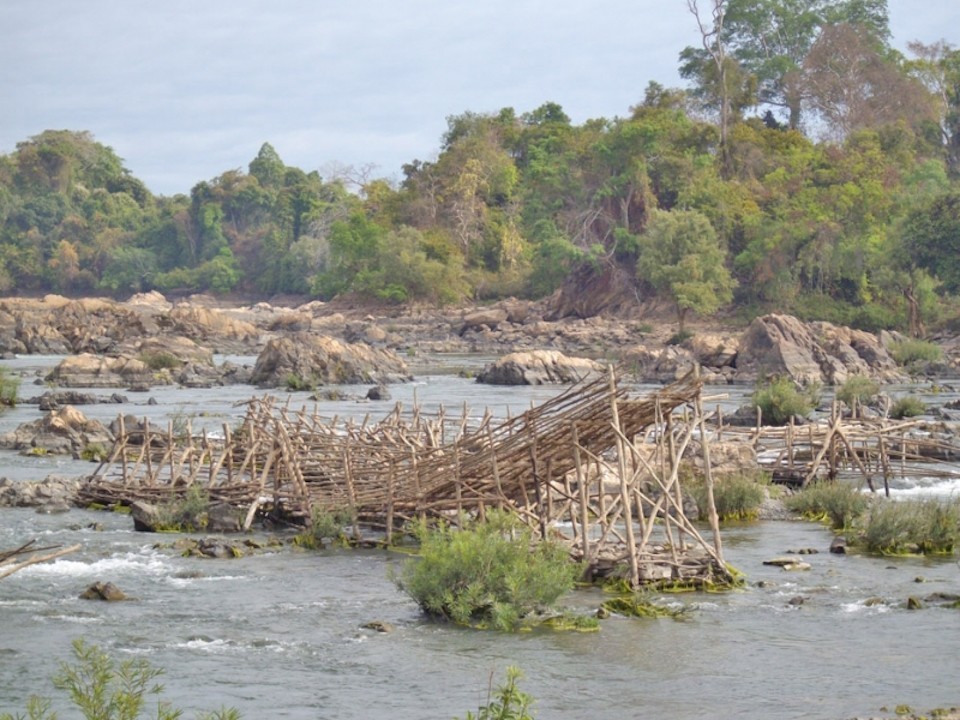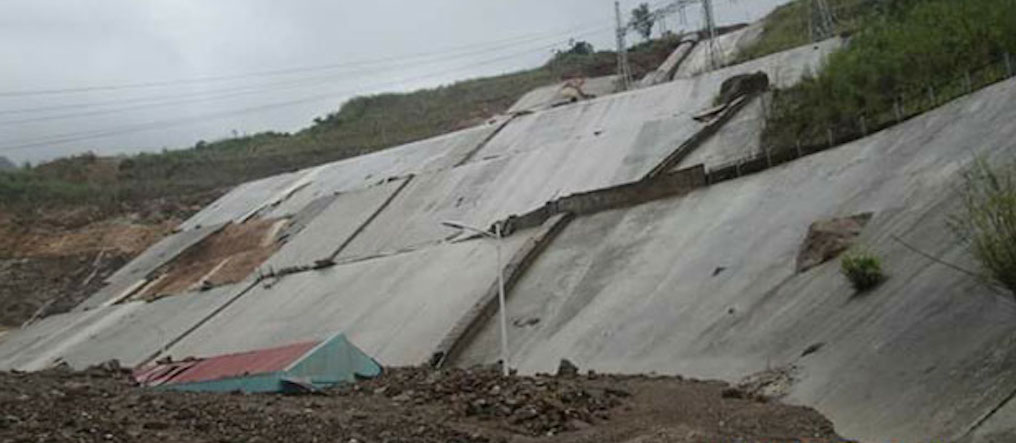In view of various climate change phenomena, how can economies develop sustainably? Specifically, can economies grow while giving equal consideration to the tri-nexus of economy, environment and society? It is a question confronting policymakers in Southeast Asia on a recurring basis.
Category: Viet Nam
Asean at 50, and Beyond
Asean is 50 years old this year. It is a true milestone for a loosely constructed regional organization created by five countries at the height of the Cold War to have come this far. Since its conception, its member countries have transformed Asean into a rules-based entity encompassing all the countries in Southeast Asia.
Cambodian Communities Complain Illegal Fishing Damaging Livelihoods
In this video, community leaders at Kampong Khleang in the Tonle Sap Lake, expose to us (Scientists for the Mekong) the corruption of authorities receiving bribes and allowing illegal fishing by Vietnamese ‘trawlers’ on the Lake, plus the impacts on their own livelihoods.
Mekong Dams: Can Downstream Nations Expect Understanding from Upstream Developers?
The Mekong River rises from Tibet highland, running through thousands of kilometers in six countries, including China, Myanmar, Laos, Thailand, Cambodia and Vietnam.
Mekong means Mother in the Thai and Laos old language. As a result, it is not accidentally the name of the river has a blessed meaning. The river also plays an economic hub to feed for more than 60 million people and thousands of kinds of aqua products.
New species found, but Southeast Asia in grip of biodiversity crisis
Rich in wildlife, Southeast Asia includes at least six of the world’s 25 “biodiversity hotspots” – the areas of the world that contain an exceptional concentration of species, and are exceptionally endangered. The region contains 20% of the planet’s vertebrate and plant species and the world’s third-largest tropical forest.
Deputy PM urges study on north-south express railway
Deputy Prime Minister Trinh Dinh Dung has urged the Ministry of Transport to accelerate finalizing the pre-feasibility study on the north-south express railway project.
The pre-feasibility study should be appraised by independent, experienced foreign consultants before being submitted to the Prime Minister and the State Appraisal Council, he stressed.
Spare the Mekong
The Prayut Chan-o-cha government made an out-of-the-blue decision that paves the way for the demolition of the Mekong River’s rocky outcrops for the sake of “improved waterway navigation”.
The justification offered is both weak and unjustified. The public was neither consulted nor informed while the well-being of the ecology of the world’s tenth longest river is at risk. And the party gaining the most significant trade benefits will obviously be China.
Experts warn about environmental pollution’s impacts on GDP growth
Natural disasters and environmental pollution can reduce GDP by 0.6 per cent per year from 2016-20, according to the National Centre for Socio-economic Information and Forecast (NCIF) under the Ministry of Planning and Investment.
Therefore, changes are needed to reduce the economy’s reliance on non-renewable energy.
The Mekong Part III: Scaling Back Lao Dams
Farmers and fishermen in downstream countries are complaining about the impact of Mekong River dams located upstream in both China and Laos.
But a think tank now has a plan to reduce the damage done to crops and fish stocks by hydroelectric dams. Its focus is on Laos, Southeast Asia’s poorest country, which it says could benefit from scaling back on some of its planned dams.
Laos’ Xekaman 3 Dam Break Shuts Off Power to Vietnam
A break in a critical waterway shut down a hydro-electric dam in southern Laos and raised questions about the quality of construction at the facility that sends most of the power it generates to Vietnam.
While officials said the Dec. 16 break in the Xekaman 3 facility’s penstock posed no threat to people living downstream, it marked the second breakdown in the tunnel that channels water to the power turbine, RFA’s Lao Service has learned.


